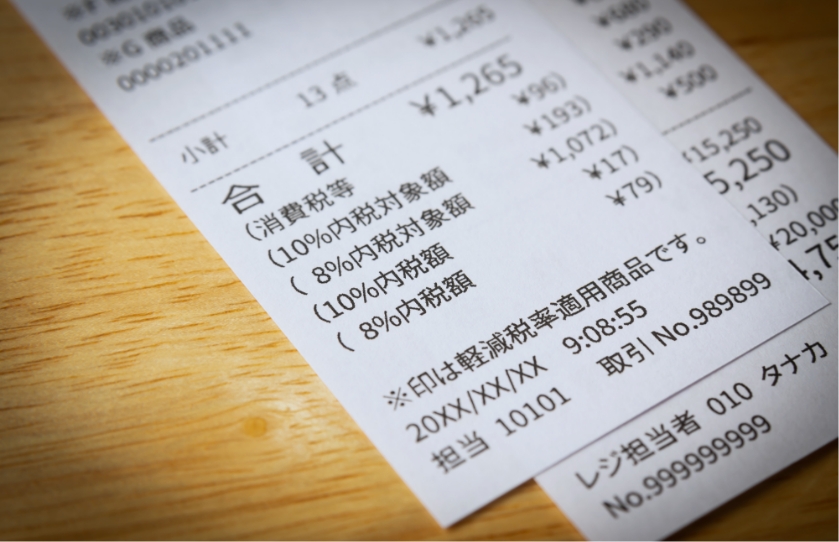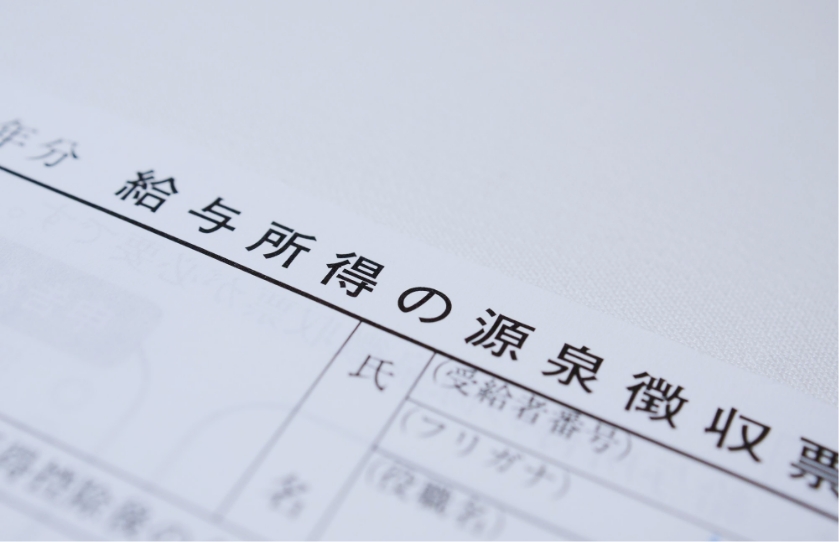Tax Compliance
Tax Compliance

This service is suitable for companies with in-house accountants that keep their books in Japan but who are looking for an English-speaking tax accountant to provide Japanese tax services such as the following:
- Japanese tax compliance services, including preparation of annual corporate tax returns
- English correspondence with offshore parent companies on Japanese taxes
- Tax consultations on withholding, consumption, or individual income taxes that may arise in the ordinary course of business, as well as corporate tax issues
- Calculation of tax liabilities and deferred tax assets to be booked in year-end financial statements, etc.
Services Offered
We can provide a service only for preparing Japanese income tax returns. This service is suitable for a Japanese subsidiary of a foreign company with an in-house accountant, which only needs tax return preparations. We will charge our fee for each tax procedure, but you do not have to pay a monthly retainer fee. We can prepare the corporate income tax returns based on the financial statement finalized by the company (other than tax) without changing the accounting figure by adjusting book-tax differences in the tax returns.

Outline of tax returns and reports
Below is the typical list of tax returns and reports that foreign capitalized companies in Japan need to consider:

National and local corporate income tax returns
Japanese subsidiaries and branches are required to file final corporate tax returns to both national and local tax authorities, generally within two months after the end of the fiscal year. One- or sometimes two-month extensions for filing the returns can be obtained by filing the appropriate application with the tax authority, usually when a shareholder meeting will be held within three months after the year-end.

Consumption tax returns
Japanese subsidiaries and branches are required to file final consumption tax returns within two months after the end of the fiscal year unless the company has a tax-exempt status for consumption taxes. One-month extension for filing the returns can be obtained in a certain case. Taxpayers can shorten the filing period. Consumption tax filing is generally required once a year, but taxpayers can choose monthly or quarterly filing by applying to do so.

Application forms for income tax convention
If a company is treated as withholding tax agent for payment to a non-resident corporation or individual, and a reduced or exempt tax treaty rate can be applied to the payment, an application form must be filed prior to the actual payment date. There are different forms and attachment requirements depending on the nature of the payment and the relevant tax treaty between Japan and the jurisdiction in which the recipient resides.

Applications for withholding tax exemption certificate (for Japanese branches)
Some categories of income received by foreign corporations (e.g., interest on loans or royalties) are generally subject to Japanese withholding taxes even where they are received by the corporation’s Japanese branch. However, if the Japanese branch obtains a withholding tax exemption certificate by filing a relevant application to the tax authority and shows it to those paying the income, such withholding taxes can be exempt since the Japanese branch is subject to corporate taxation by filing self-assessment tax returns later. This certificate should be renewed periodically.

Reports on employees’ stock options, etc., granted by offshore parent companies
Where employees of a Japanese subsidiary or branch exercise stock options, restricted stock units, etc., directly granted by an offshore parent company, the Japanese subsidiary or branch is required to file a report summarizing the status of their actions during a year by March 31 of the following year.

Notifications of an ultimate parent entity
Certain multinational enterprises (MNEs) need to file transfer pricing reports with the Japanese tax authority where consolidated MNE group revenue exceeds JPY100 billion in the immediately preceding fiscal year. Where MNEs meet these conditions, their Japanese subsidiaries or branches are required to file a notification for the ultimate parent entity to the Japanese tax authority by the MNE’s ultimate parent’s year-end and then file a master file prepared by the ultimate parent by its following year.

Annual withholding tax summary
A summary report for the calendar year of some payments and related withholding income tax should be submitted by January 31 of the following year, regardless of the company’s fiscal year. Domestic salary payments and professional fees to lawyers or accountants are typical examples. However, some payments to non-residents are also subject to this reporting requirement.

Depreciable asset tax return
Taxpayers are generally required to file depreciable asset tax returns to report depreciable fixed assets held on January 1 of each year by January 31 of that year regardless of fiscal year of the company.

Business premises tax return
Where a taxpayer has a business premise of a certain size (generally over 1,000 square meters and/or 100 employees) in a certain district (e.g., one of Tokyo’s 23 wards), the taxpayer is required to file a business premises tax return within two months after the end of its fiscal year.

Other application and reports
Besides the items listed above, the filing of tax reports and application forms to apply for certain corporate or consumption tax treatment should be considered.
If you have an interest in our service, please fill out the form below. We will get back to you.
